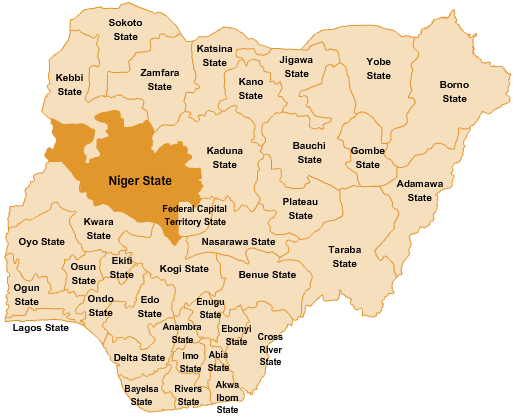Nigeria, Brazil Seal Aviation Deal to Commence Direct Flights
Nigeria and Brazil have entered into a landmark aviation agreement that will enable the establishment of direct flights between the two nations, in a move aimed at strengthening bilateral trade, tourism, and cultural exchange.
The Bilateral Air Services Agreement (BASA) was signed in Brasília during President Bola Ahmed Tinubu’s official visit to Brazil. The pact, witnessed by top government officials from both countries, is expected to remove long-standing barriers to direct connectivity across the South Atlantic.
Nigeria’s Minister of Aviation and Aerospace Development, Festus Keyamo, signed on behalf of Nigeria, while Brazilian aviation authorities represented their country.
Under the new agreement, airlines designated by both governments will be permitted to operate flights linking major Nigerian hubs such as Lagos and Abuja with key Brazilian cities including São Paulo, Rio de Janeiro, and Brasília.
This development marks a significant shift, as travellers and businesses have long been forced to rely on connecting flights through Europe and the Middle East when moving between the two regions.
Officials say the direct route will reduce travel time, lower costs, and provide a faster channel for the movement of goods and services. Aviation analysts also note that the deal could enhance cargo operations, particularly for Nigeria’s agricultural exports and Brazil’s industrial products, thereby deepening trade between Africa’s largest economy and South America’s biggest market.
The Federal Government has described the agreement as a strategic step towards repositioning Nigeria’s aviation sector and advancing Tinubu’s broader goal of expanding global partnerships. The initiative is also expected to reinforce Nigeria’s position as a regional hub for international air travel, while creating fresh opportunities for domestic carriers such as Air Peace to operate long-haul routes.
Industry experts believe the deal could equally encourage Brazilian airlines to explore the Nigerian market, further diversifying travel options for passengers. Beyond aviation, officials emphasised that the pact reflects a shared commitment to strengthening historical and cultural ties between Nigeria and Brazil, which trace back centuries.
Despite the optimism, stakeholders caution that technical processes still need to be completed before services can commence. These include finalising route allocations, traffic rights, safety protocols, and regulatory approvals for participating airlines.
Government sources, however, expressed confidence that commercial operations could begin within months once these details are concluded.
Reactions from the business community have been positive, with trade groups and tourism operators welcoming the move as a boost for commerce and people-to-people engagement.
Analysts also see the development as a major step toward unlocking untapped opportunities between both regions.
With the signing of this agreement, Nigeria and Brazil have taken a decisive step toward establishing a direct air corridor that could transform economic, diplomatic, and cultural relations between Africa and South America.







